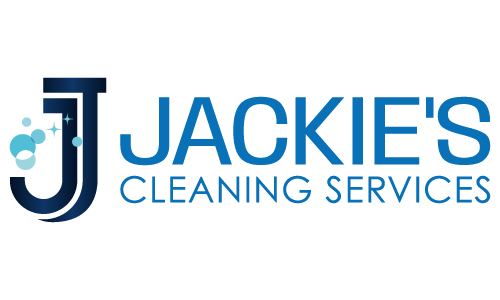How to Choose the Right Cleaning Service for Your Commercial Property
Selecting the right cleaning service for your commercial property is a crucial decision that impacts your business’s cleanliness, productivity, and overall reputation. A clean and well-maintained workspace not only creates a positive impression for clients and customers but also promotes a healthier and more productive environment for employees. However, with so many cleaning companies to choose from, it can be overwhelming to find the one that best suits your needs. Here’s a guide on how to choose the right cleaning service for your commercial property.
1. Assess Your Cleaning Needs
Before starting your search for a cleaning service, it’s important to assess the specific cleaning needs of your commercial property. Different businesses require different levels of cleaning. For example, an office might need regular dusting, vacuuming, and sanitizing, while a medical facility may require more rigorous disinfection and adherence to health regulations. Take the time to identify the areas that need attention and the frequency of cleaning required—whether it’s daily, weekly, or monthly. Understanding your needs will help you find a cleaning service that specializes in the services your business demands.
2. Check for Experience and Expertise
Experience matters when it comes to commercial cleaning. A company with a proven track record in cleaning commercial properties will understand the unique challenges that different businesses face. Look for a cleaning service that has experience in your industry or in cleaning spaces similar to yours. You should also inquire about the company’s expertise in handling specialized tasks such as floor care, window cleaning, or sanitizing high-traffic areas. The more knowledgeable and experienced the cleaning team, the better the results you can expect.
3. Read Reviews and Testimonials
One of the most effective ways to gauge a cleaning company’s reliability is by reading reviews and testimonials from other businesses. Online reviews on platforms like Google, Yelp, or the company’s own website can give you insight into the experiences of other clients. Pay attention to feedback about punctuality, professionalism, and quality of service. Additionally, testimonials from other businesses in your industry can provide reassurance that the company understands the cleaning needs specific to your field.
4. Verify Licensing and Insurance
It’s essential to choose a cleaning service that is fully licensed, insured, and bonded. Proper licensing indicates that the company adheres to industry standards and regulations. Insurance is equally important because it protects you in case of accidents or damages during the cleaning process. Without insurance, you could be held liable for any injuries that occur on your property. Be sure to ask the cleaning company for proof of insurance and verify that it covers both liability and workers’ compensation.
5. Inquire About Green Cleaning Options
Sustainability is becoming an increasingly important factor in the commercial cleaning industry. Many businesses are now seeking cleaning companies that offer eco-friendly cleaning solutions. If environmental responsibility is a priority for your company, inquire about the cleaning service’s use of green products and practices. Green cleaning products are less harmful to the environment and can also create a healthier indoor air quality for your employees and clients.
6. Ask About Customization and Flexibility
Every business has different cleaning needs, so it’s important to choose a cleaning service that offers customizable cleaning plans. A one-size-fits-all approach may not work for your business, especially if you have specific areas that require extra attention or if your business hours vary. A good cleaning company should be flexible and willing to work with your schedule to ensure minimal disruption to your operations. Ask if they can create a cleaning plan tailored to your requirements and if they’re open to adjusting the plan as your business needs evolve.

